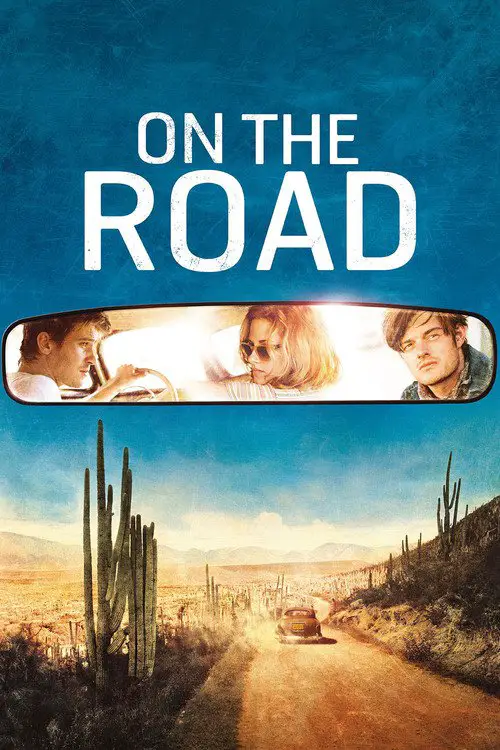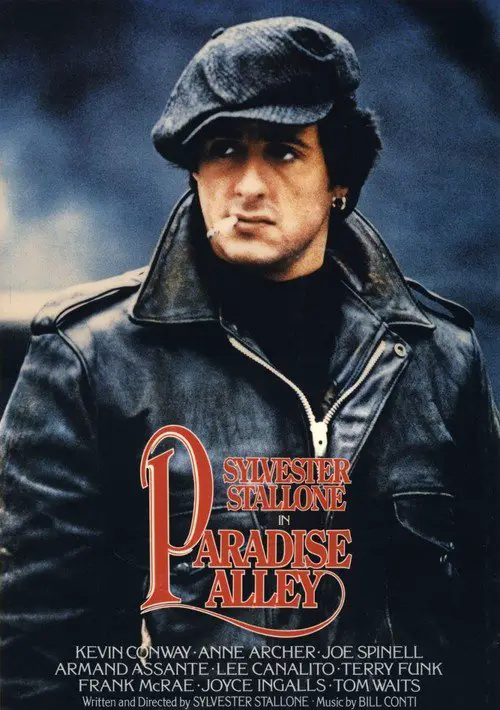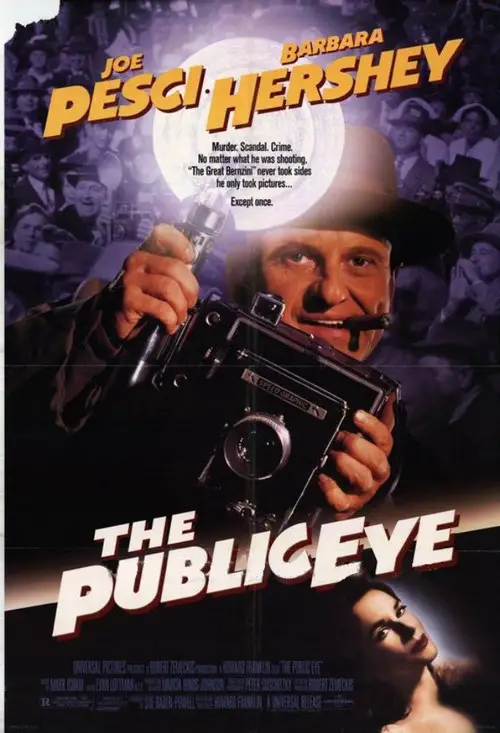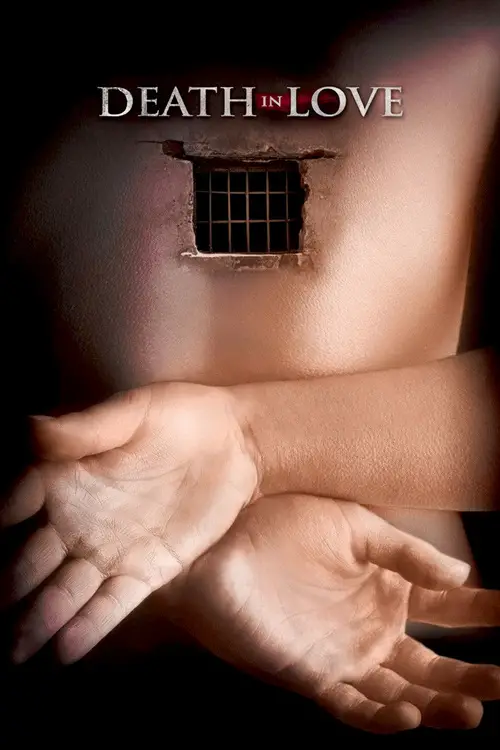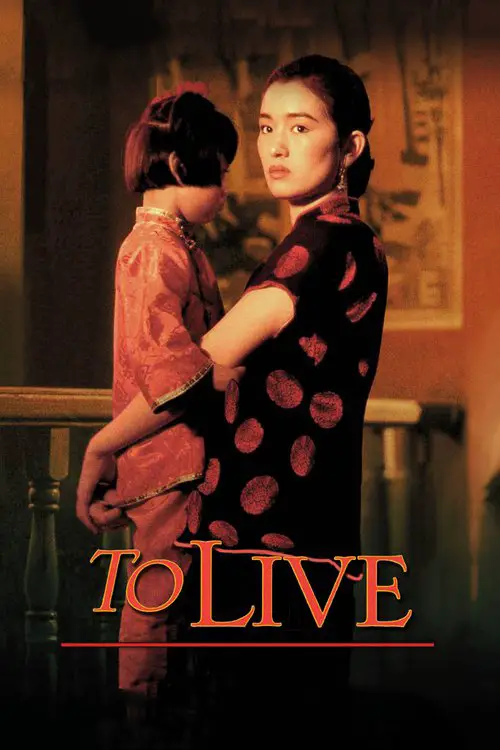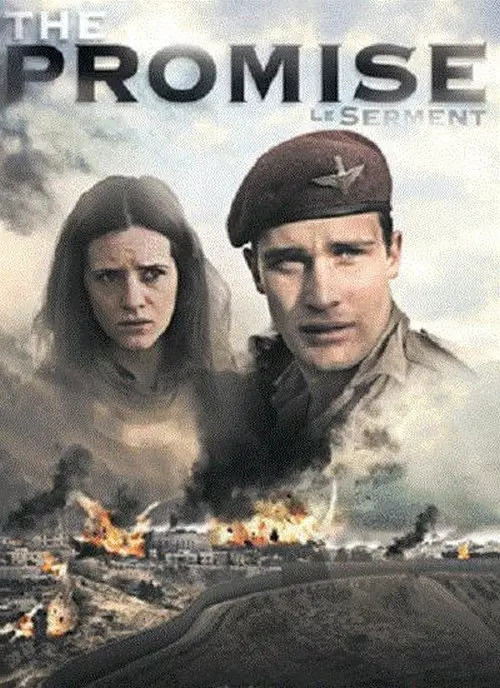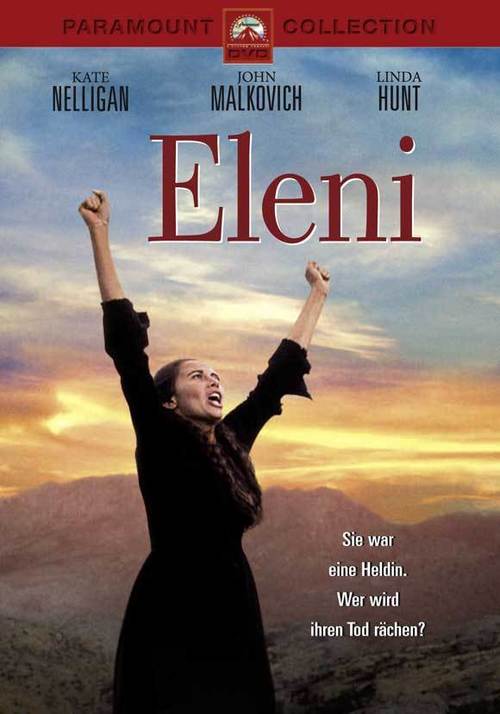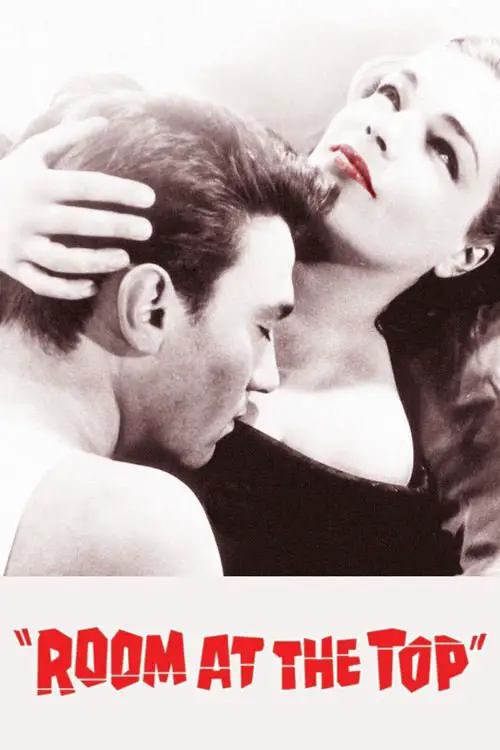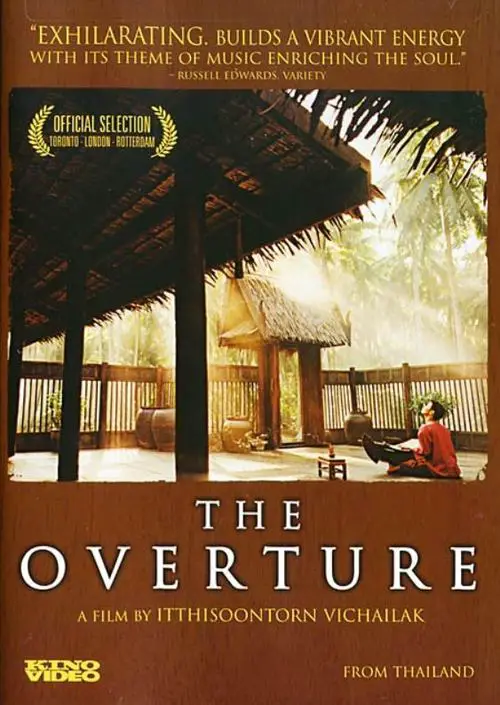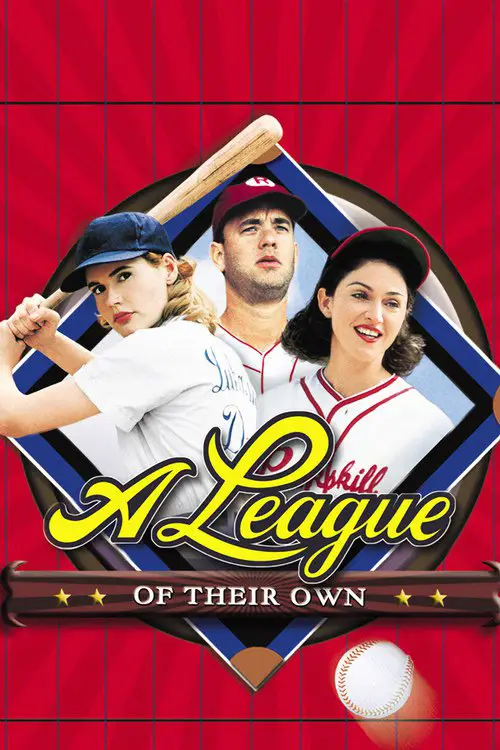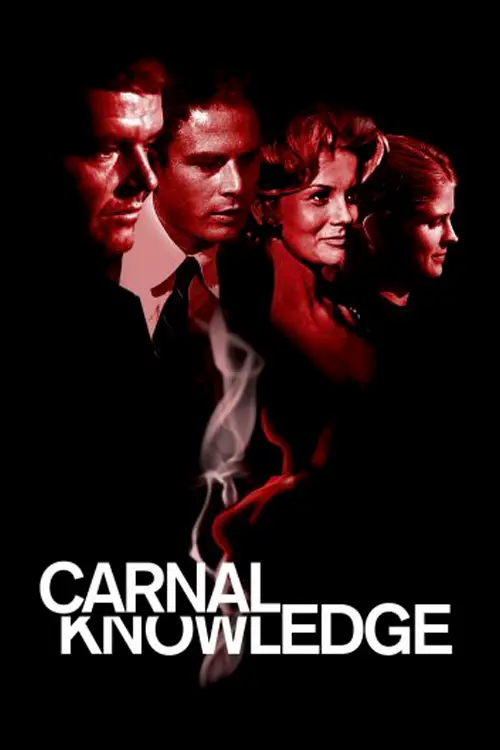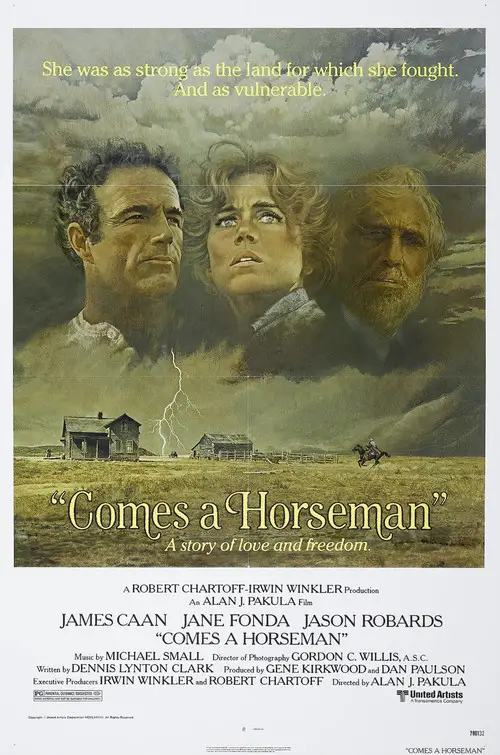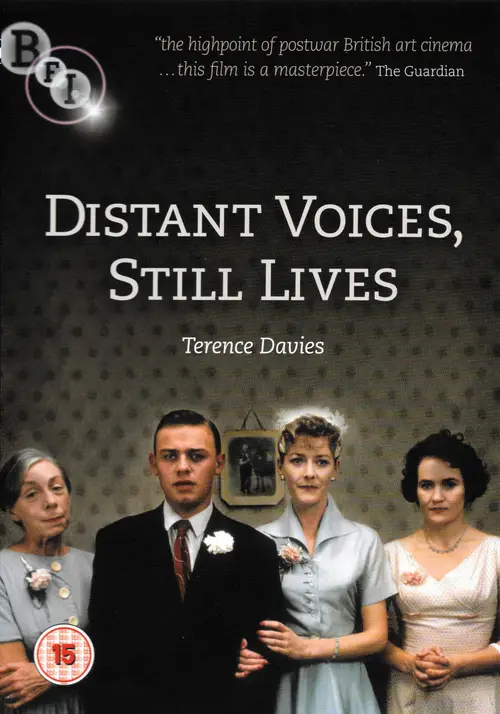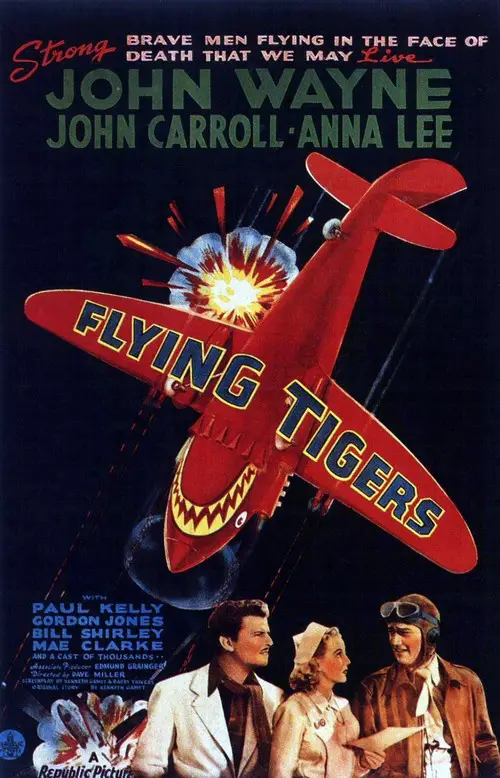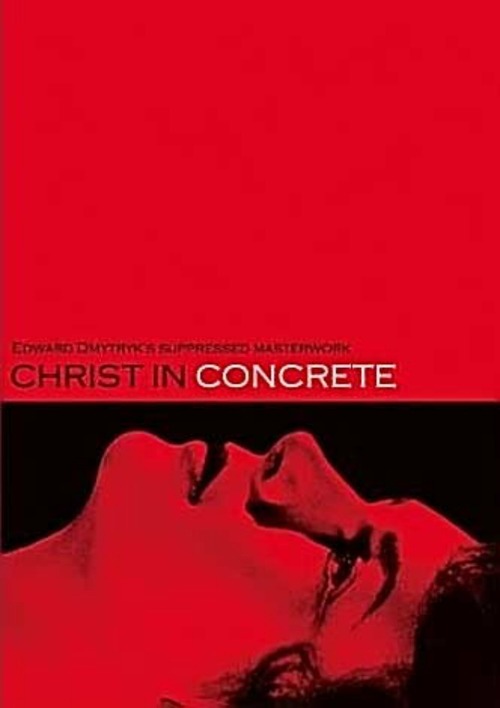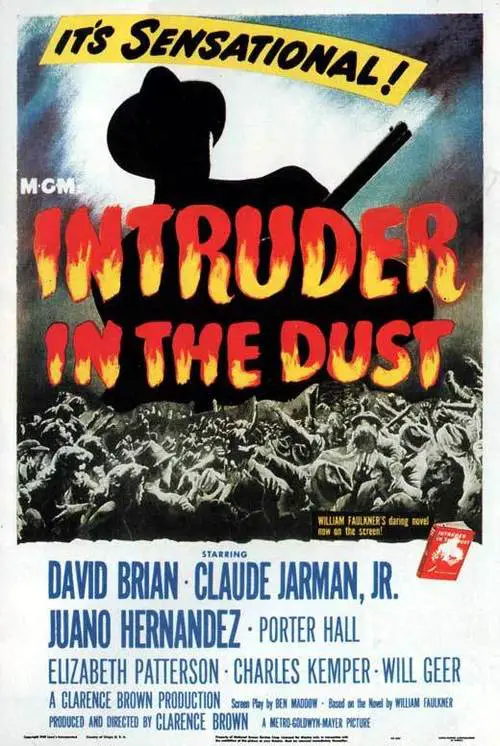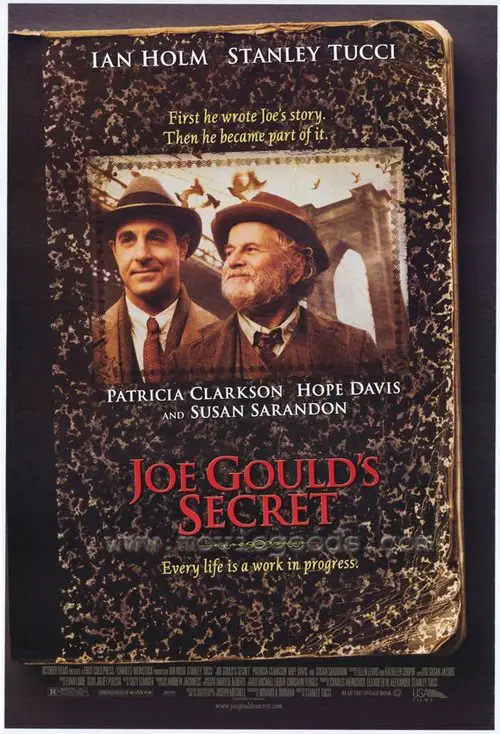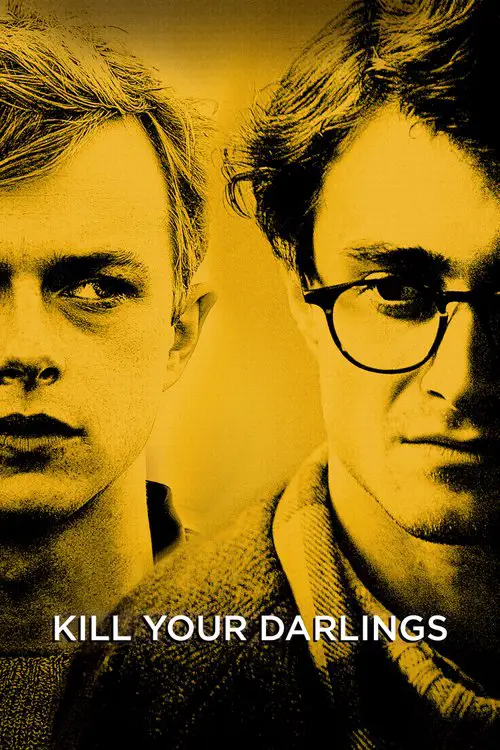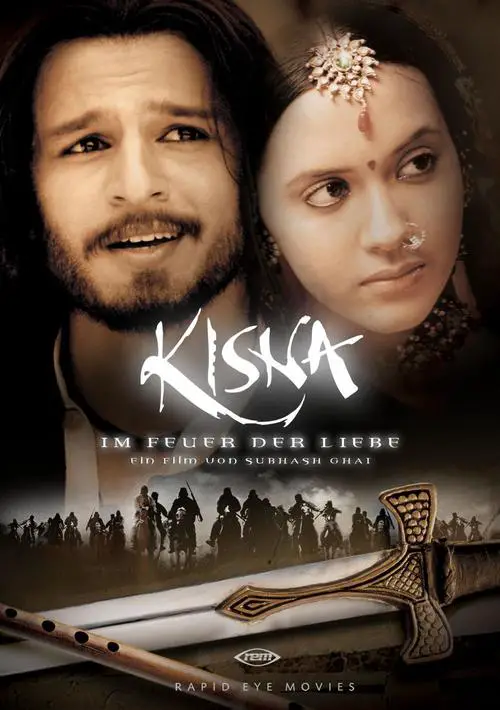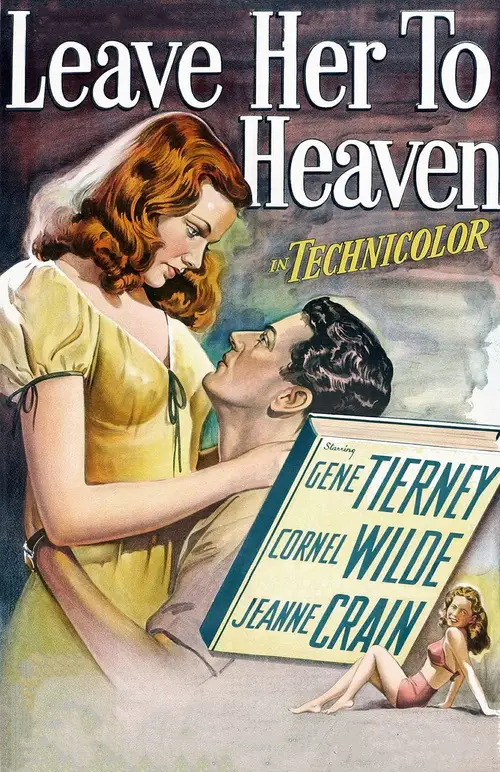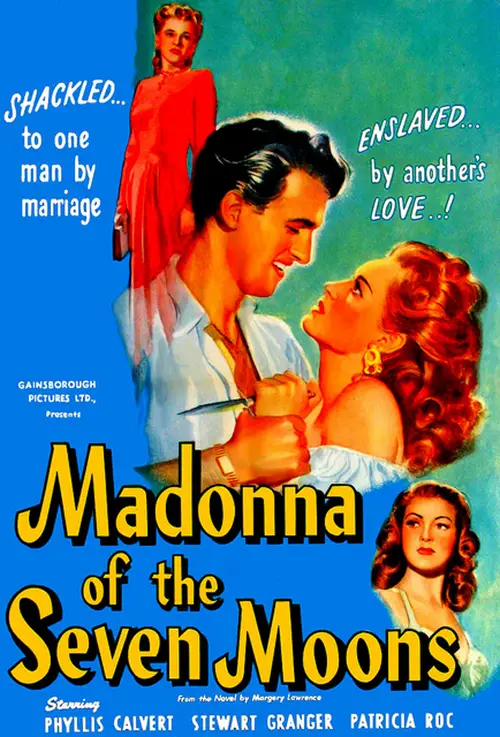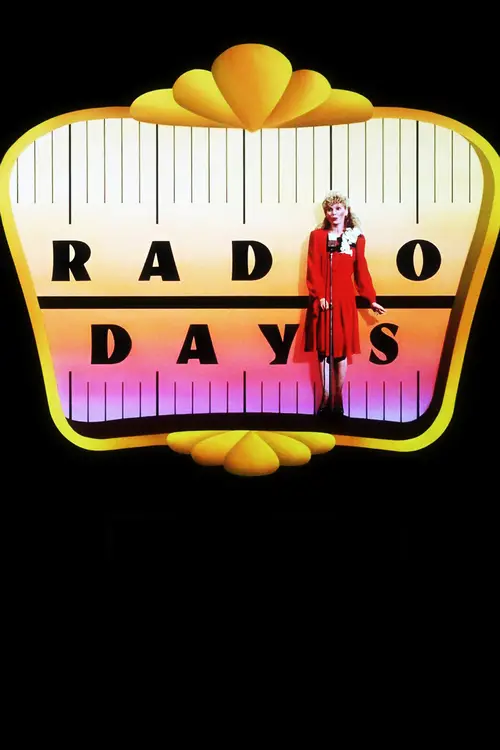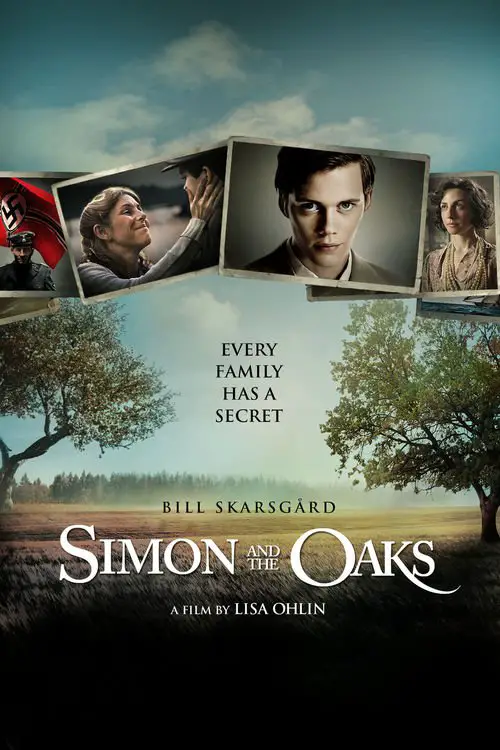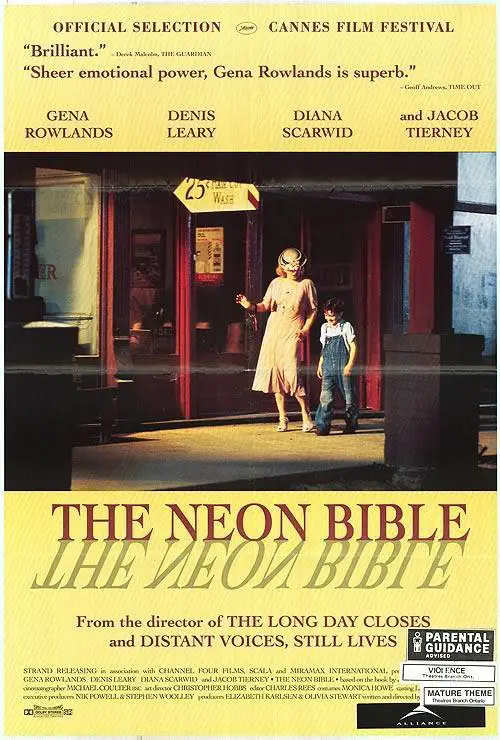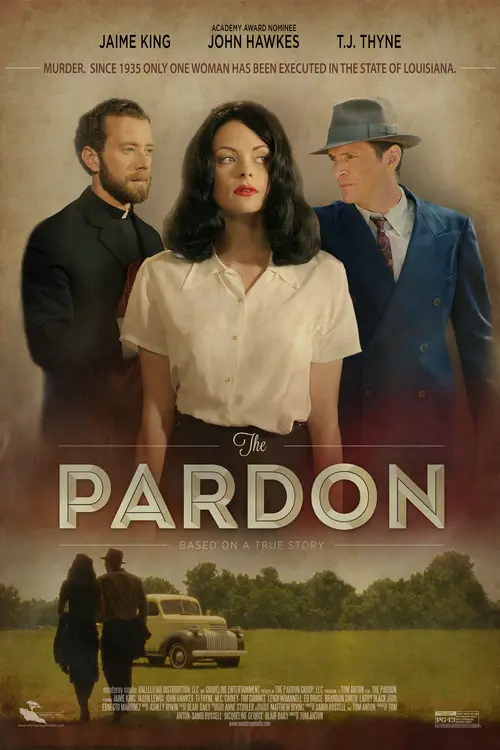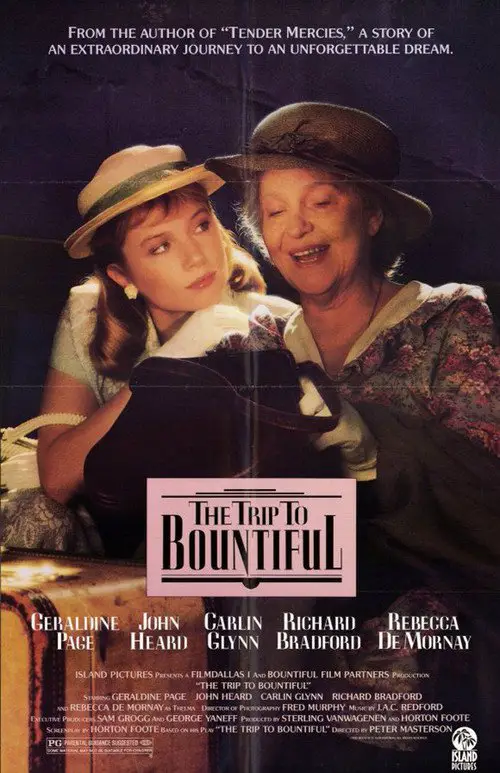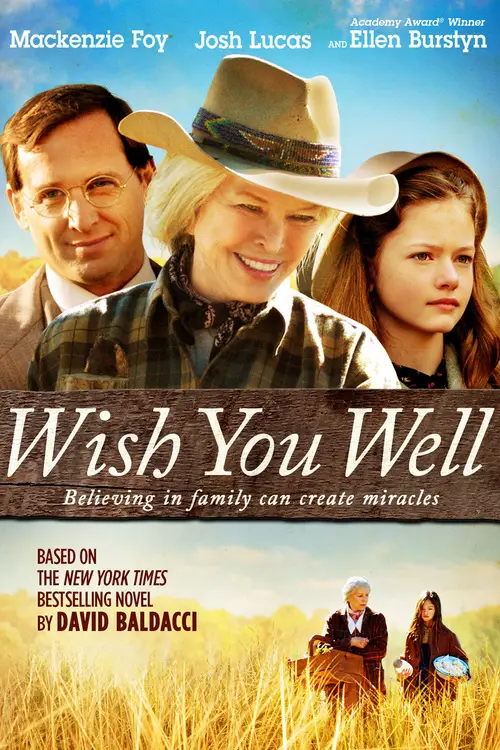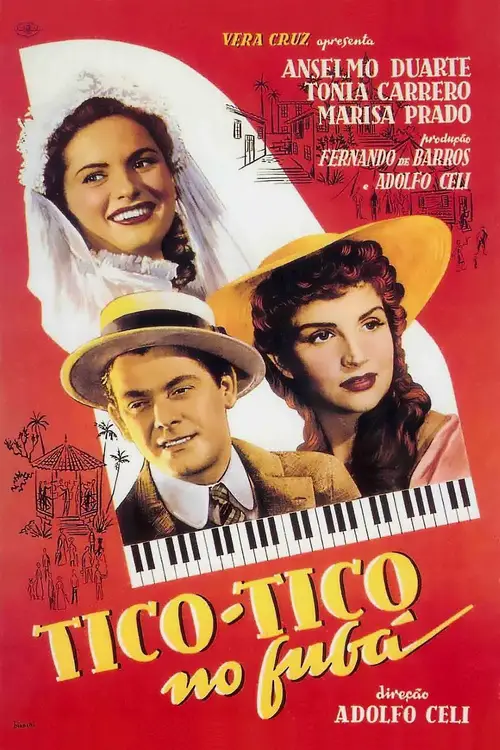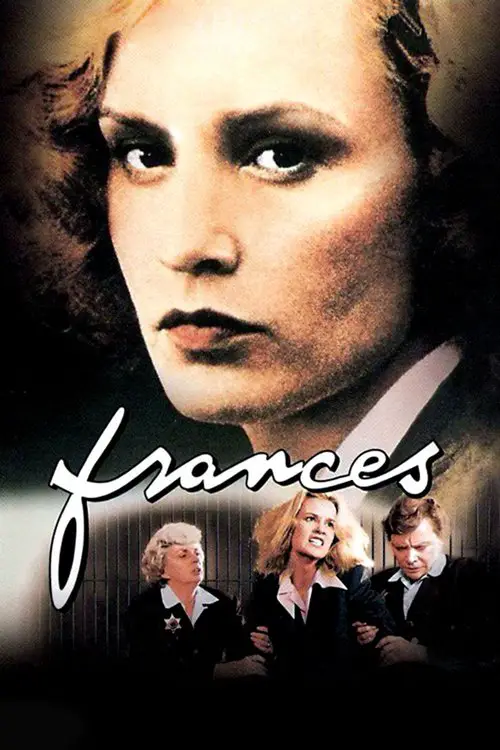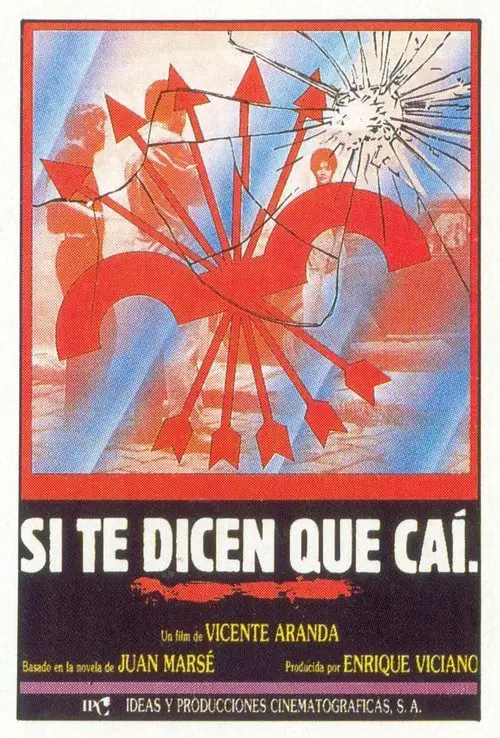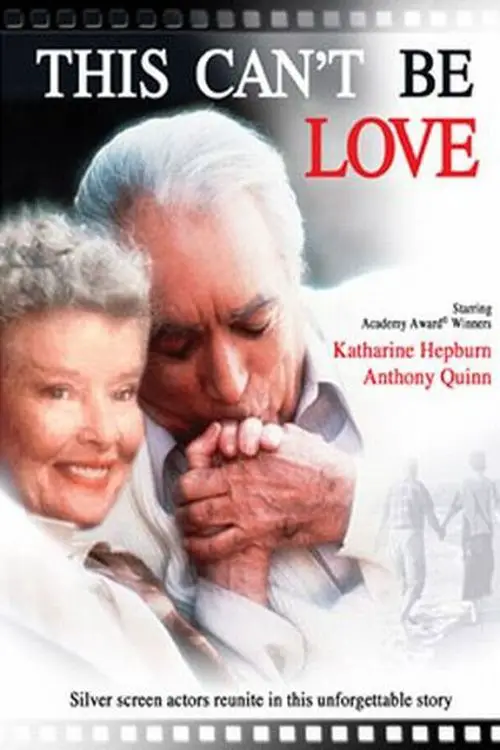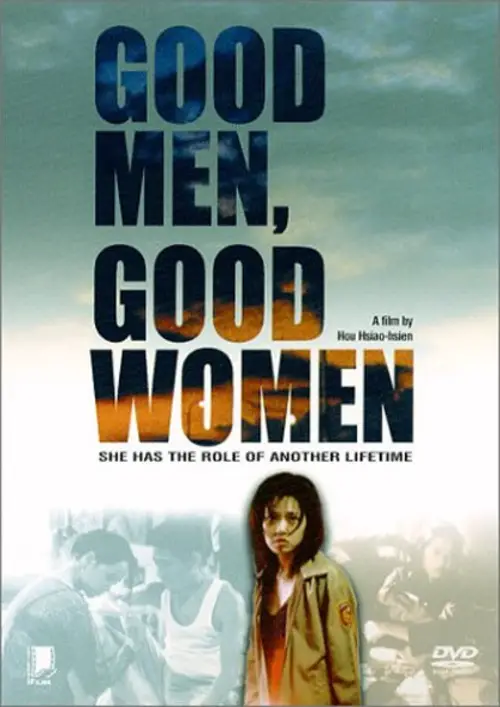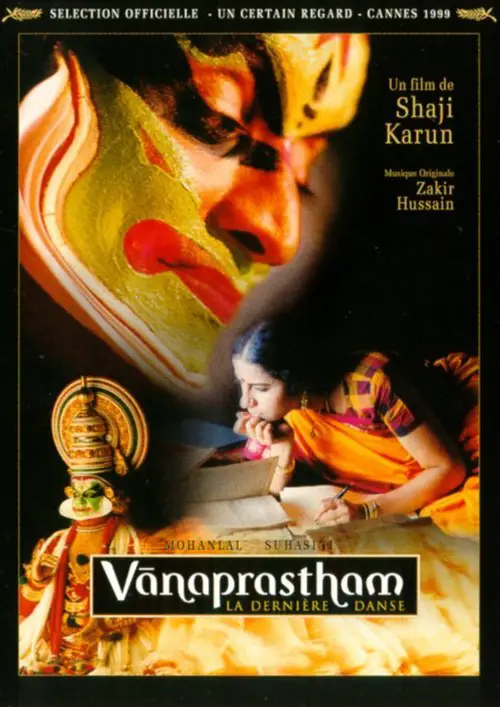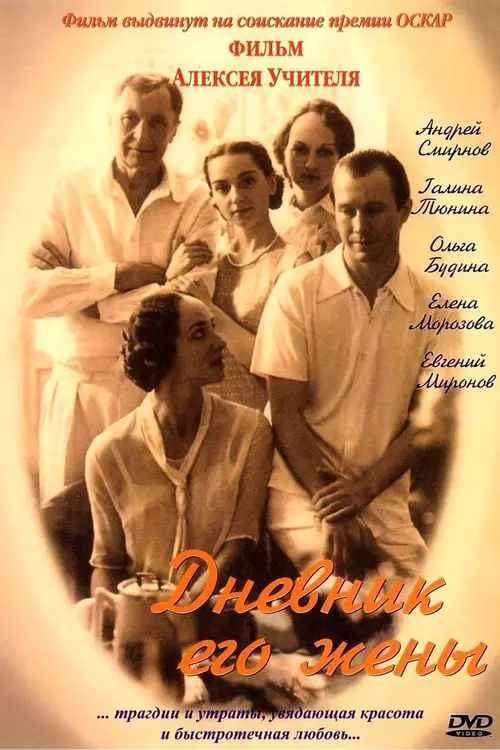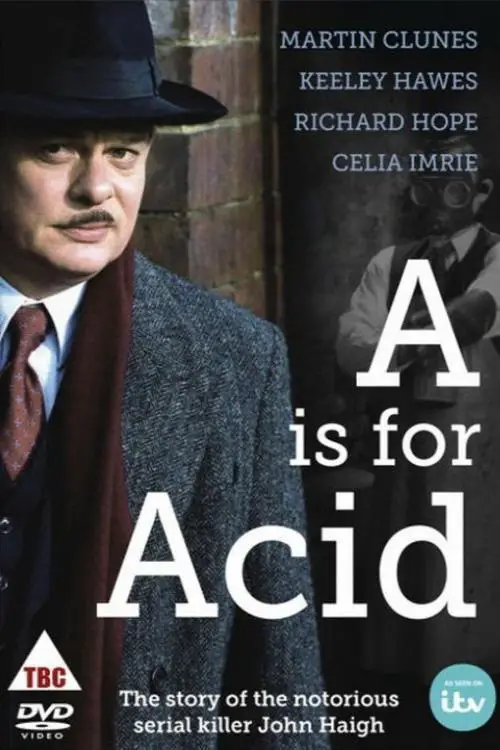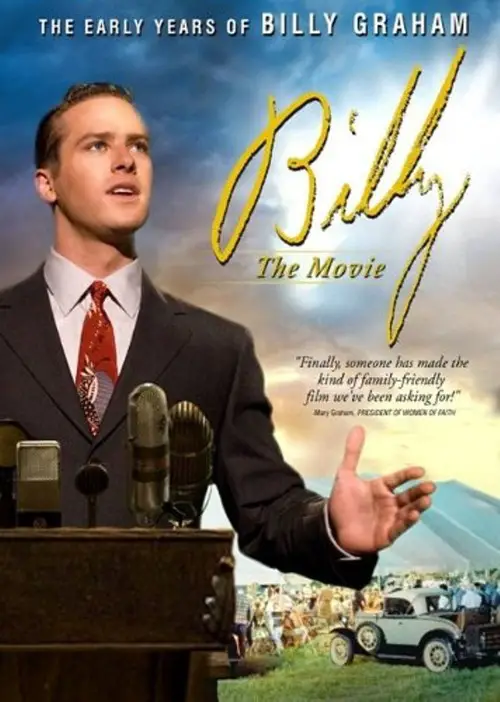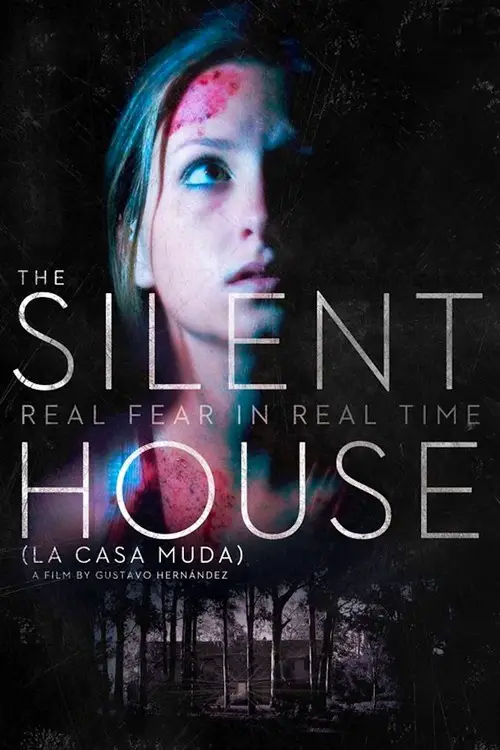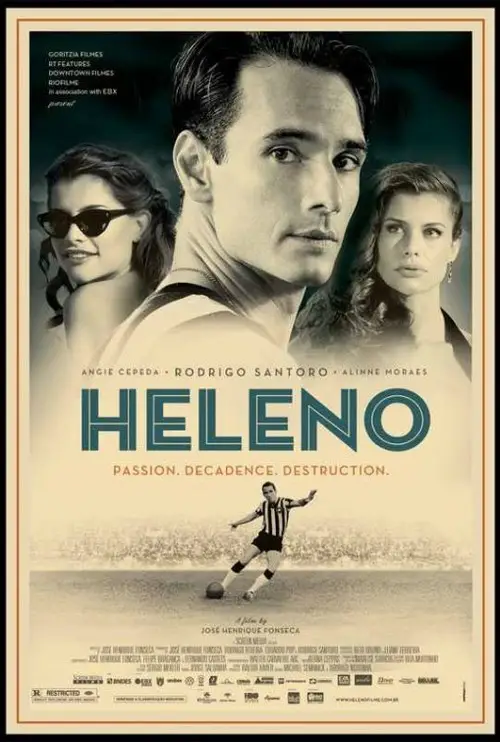Little Alexander (1981)
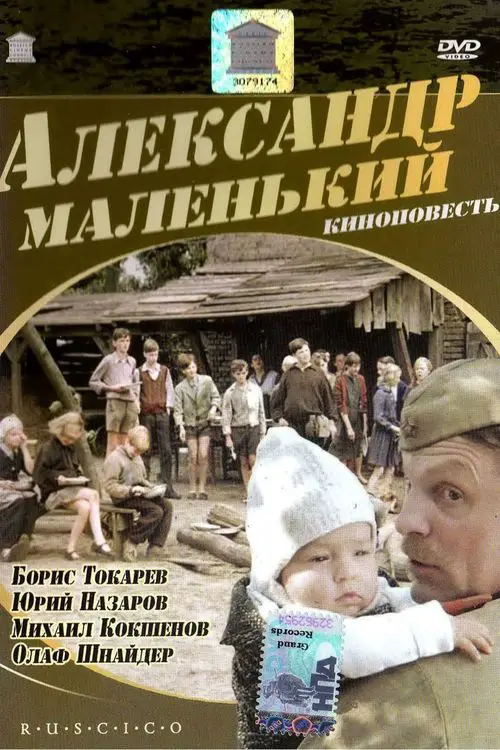
Similar movies
Sylvester Stallone is fighting the odds again, this time in the wrestling ring. As Cosmo Carboni, he and his two brothers dream of getting out of Hell's Kitchen (circa 1946) and into the big time. The exit signs point to Paradise Alley, a sleazy private club where the floorshow consists of raucous wrestling matches with big purses. Stallone not only starred in and wrote this action-packed film, he also made his directorial debut in this tale of three guys who could take anything Hell's Kitchen could dish out.
Doctor Zhivago is the filmed adapation of the Russian novel by Boris Pasternak from director David Lean that was an international success and today deemed a classic. Omar Sharif and Julie Christie play two protagonists who in fact love each other yet because of their current situation cannot find a way be together.
Nick is a writer in New York when he gets posted to a bureau in Greece. He has waited 30 years for this. He wants to know why his mother was killed in the civil war years earlier. In a parallel plot line we see Nick as a young boy and his family as they struggle to survive in the occupied Greek hillside. The plot lines converge as Nick's investigations bring him closer to the answers.
In late 1940s Yorkshire, England, ambitious young man Joe Lampton (Laurence Harvey), who has just moved from the dreary factory town of Dufton, arrives in Warnley, to assume a secure, but poorly-paid, post in the Borough Treasurer's Department. Determined to succeed, and ignoring the warnings of a colleague, Soames (Donald Houston), he is drawn to Susan Brown (Heather Sears), daughter of the local industrial magnate, Mr. Brown (Donald Wolfit). He deals with Joe's social climbing by sending Susan abroad; Joe turns for solace to Alice Aisgill (Simone Signoret), an unhappily married older woman who falls in love with him.
Framed in the 1940s for the double murder of his wife and her lover, upstanding banker Andy Dufresne begins a new life at the Shawshank prison, where he puts his accounting skills to work for an amoral warden. During his long stretch in prison, Dufresne comes to be admired by the other inmates -- including an older prisoner named Red -- for his integrity and unquenchable sense of hope.
Part fact and part fiction, Zoot Suit is the film version of Luis Valdez's critically acclaimed play, based on the actual Sleepy Lagoon murder case and the zoot suit riots of 1940s Los Angeles. Henry Reyna is the leader of a group of Mexican-Americans being sent to San Quentin without substantial evidence for the death of a man at Sleepy Lagoon. As part of the defense committee, Alice Bloomfield and George Shearer fight the blatant miscarriage of justice for the freedom of Henry and his friends.
Based on the life of Luang Pradit Pairoh (Sorn Silapabanleng) the most revered traditional Thai music master who lived during the reigns of Kings Rama V to VIII, the movie traces the life of Sorn, who picked up the ra-nad ek (Thai xylophone) mallets as a small child and played all his life. The backdrop to Sorn's life tale is the story of Thailand's classical music from its golden age during the reign of King Rama V to near extinction after the end of the absolute monarchy when the government banned it as uncivilised in the 1930s -- a time when Field Marshall Plaek Pibulsongkram tried to push the Kingdom into the modern era.
During the 1940s, a group of young men go off to war, leaving behind Ethel Ann (Mischa Barton), who is in love with one of them, Teddy. In modern-day Belfast, a man named Jimmy (Martin McCann) endeavors to return a ring found in the wreckage of a crashed plane. He travels to Michigan, where the grown Ethel Ann (Shirley MacLaine), who married another man after Teddy was killed in battle, now lives. Ethel Ann must decide whether to go with Jimmy to meet the soldier who last saw Teddy alive.
Bogey's on the lam and Bacall's at his side in Dark Passage, Delmer Daves' stylish film-noir thriller that's the third of four films Humphrey Bogart and Lauren Bacall made together. Bogart is Vincent Parry who, framed for murder, escapes San Quentin and soon emerges from plastic surgery with a new face. Bacall is Irene Jansen, Vincent's lone ally. In a supporting role, Agnes Moorehead portrays Madge, a venomous harpy who finds pleasure in the unhappiness of others. The chemistry of the leads is undeniable, and they augment it here with exceptional tenderness. Exceptional too are the atmospheric San Francisco locations and the imaginative camera work that shows Vincent's point of view - but not his face - until the bandages are removed. Lest Irene get ideas, the post-surgery Vincent tells her: "Don't change yours. I like it just as it is."
Jim Gordon commands a unit of the famed Flying Tigers, the American Volunteer Group which fought the Japanese in China before America's entry into World War II. Gordon must send his outnumbered band of fighter pilots out against overwhelming odds while juggling the disparate personalities and problems of his fellow flyers.
With the help of the singer and dancer Dixie Leonhard US-Entertainer Eddie Sparks wants to bring some fun to the soldiers during World War II. Becoming a perfect team they tour from North Africa to the Pacific to act for "the boys". Later they continue their work but when the author Silver gets involved into McCarthy's campaign and is being fired by Eddie, Dixie turns away from him, too.
On the outs in Hollywood due to the blacklist, director Edward Dmytryk briefly operated in England in the late 1940s. Though filmed in its entirety in London, Dmytryk's Give Us This Day is set in New York during the depression. Fellow blacklistee Sam Wanamaker is starred as the head of an Italian immigrant family struggling to survive the economic crisis.
Youthful Father Chuck O'Malley (Bing Crosby) led a colourful life of sports, song, and romance before joining the Roman Catholic clergy. After being appointed to a run-down New York parish , O'Malley's worldly knowledge helps him connect with a gang of boys looking for direction, eventually winning over the aging, conventional Parish priest (Barry Fitzgerald).
Rural Mississippi in the 1940s: Lucas Beauchamp, a local black man with a reputation of not kowtowing to whites, is found standing over the body of a dead white man, holding a pistol that has recently been fired. Quickly arrested for murder and jailed, Beauchamp insists he's innocent and asks the town's most prominent lawyer, Gavin Stevens, to defend him, but Stevens refuses. When a local boy whom Beauchamp has helped in the past and who believes him to be innocent hears talk of a mob taking Beauchamp out of jail and lynching him, he pleads with Stevens to defend Beauchamp at trial and prove his innocence.
Around 1940, New Yorker staff writer Joe Mitchell meets Joe Gould, a Greenwich Village character who cadges meals, drinks, and contributions to the Joe Gould Fund and who is writing a voluminous Oral History of the World, a record of 20,000 conversations he's overheard. Mitchell is fascinated with this Harvard grad and writes a 1942 piece about him, "Professor Seagull," bringing Gould some celebrity and an invitation to join the Greenwich Village Ravens, a poetry club he's often crashed. Gould's touchy, querulous personality and his frequent dropping in on Mitchell for hours of chat lead to a breakup, but the two Joes stay in touch until Gould's death and Mitchell's unveiling of the secret.
The film is set in the India of the tumultuous 1930's when nationalists fighting for the country's independence rose up as one, urging the British to quit. At this time, a young Indian, Kisna befriends and then shields a British girl Katherine, from an enraged mob of nationalists including Kisna's own uncle and brother. Katherine is the young daughter of a ruthless British collector. Kisna takes it upon himself to escort Katherine to the safety of the British High Commission in New Delhi, who will arrange for her to board a ship home. A tender attraction develops between Kisna and Katherine during the journey, a love story that is torn between 'Karma' (the noble deed) and 'Dharma' (the duty). Laxmi, the Indian girl Kisna is engaged to, forms the third point in an emotional triangle involving the Indo-British romantic pair
A young novelist, Richard Harland, meets beautiful Ellen Berent on a train where they fall in love and are soon married. When tragedies take first his handicapped young brother, then his unborn son from him, Harland gradually realises that his wife's insane jealousy may be the cause of the tragedies in his life. Yet another shock awaits them all, as Ellen's emotions become uncontrollable.
In the late 1940's, Martha Beck and Raymond Fernandez were America's notorious "Lonely Hearts Killers". Their lethal scam was simple; they would swindle and then viciously murder lovelorn war widows who would answer their personal ads in which Ray would describe himself as a sexy Latin Lover. Based on a true story.
Epic story about two families and their friendship and common destiny in Sweden's Gothenburg in the 1940s and 1950s. Told from the perspective of young Simon Larsson, who learns that he's an adopted child who has a Jewish father from Germany. After WWII Simon travels to explore his roots - a journey that leads to the basic mysteries of the human life. After the bestselling novel by Marianne Fredriksson.
Martin Scorseseâs Oscar-winning biopic about the life of film-maker and aviation pioneer Howard Hughes from 1927 to 1947, during which time he became a successful film producer and an aviation magnate while simultaneously growing more unstable due to severe obsessive-compulsive disorder. After a scene from 1914, which may explain his later fear of dirt and disease, the film starts in 1927 during Hughes' filming of the World War I aviation film "Hell's Angels". He's 22 years old, has inherited the family's fortune and tool company, but wants to spend his time making film instead. However, he soon finds himself just as involved in the aviation industry, buying an airline and developing new planes.
The story spans the years from 1945 to 1955 and chronicles the fictional Italian-American Corleone crime family. When organized crime family patriarch Vito Corleone barely survives an attempt on his life, his youngest son, Michael, steps in to take care of the would-be killers, launching a campaign of bloody revenge.
An American journalist played by George Clooney arrives in Berlin just after the end of World War Two. He becomes involved in a murder mystery surrounding a dead GI who washes up at a lakeside mansion during the Potsdam negotiations between the Allied powers. Soon his investigation connects with his search for his married pre-war German lover played by Cate Blanchett.
A young girl and her brother come of age at their great grandmother's house in Virginia during the 1940s. After a family tragedy, a young girl moves from New York with your younger brother to live with their great grandmother on a Virginia farm and comes closer to understanding the land and roots that inspired her father's writings while discovering herself, the love of family, and the power of truly believing.
Tico-Tico no Fubá is a 1952 Brazilian comedy film directed by Adolfo Celi and starring Anselmo Duarte. It was entered into the 1952 Cannes Film Festival. The film is a fictionalized biography of Brazilian composer Zequinha de Abreu (1880â1935), who penned the song "Tico-Tico no Fubá" that became an international hit in the 1940s.
In the post Spanish civil war years, Catalan kids would sit in circles among the ruins and tell stories, known as "aventis" (the film's original title in Catalan, its original language). These tales mix war stories, local gossip, comic book characters, fantasy and real events. The "aventis" told in this film are told in flashback. In the mid 80s, 45 or so years after the age of the "aventis," a doctor and a nurse-nun (who grew up together, and now are co-workers in a hospital) identify the corpse of one of the main characters of the "aventis" of their childhood and adolescence. Besides the interesting flashbacks - a chronical of the Civil War in a "typical" Barcelona microcosm itself, the discovery of this body (belonging to someone long presumed dead) leads to other surprises and unresolved doubts, several decades later.
This Can't Be Love is a 1994 American television movie directed by Anthony Harvey and starring Katharine Hepburn and Anthony Quinn. The stars play two aging actors who had a brief but intense marriage in the 1940s, and are reunited decades later to find that issues between them are not resolved. The film makes references to Hepburn's real career and personality, for instance starring in a Western with John Wayne. Hepburn was 86 and Quinn was 78 when they made the film. Supporting parts are played by Jason Bateman and Jamie Gertz.
Intended as the concluding film in the trilogy on the modern history of Taiwan began with Beiqing Chengshi (1989), this film reveals the story through three levels: a film within a film as well as the past and present as linked by a young woman, Liang Ching. She is being persecuted by an anonymous man who calls her repeatedly but does not speak. He has stolen her diary and faxes her pages daily. Liang is also rehearsing for a new film that is due to go into production soon. The film, entitled Haonan Haonu, is about a couple Chiang Bi-yu and Chung Hao-tung who returns to China to participate in the anti-Japanese movement in China in the 1940s and are arrested as communists when they go back to Taiwan.
Vanaprastham (വാനപàµà´°à´¸àµà´¥à´) is an Indian-French-German produced feature film based on a French story by Pierre Assouline. The film follows the tale of a lower-caste Kathakali artist Kunhikuttan (Mohanlal) during the 1940s era in Travancore. He struggles to come to terms with the rejection and estrangement of his father, a member of an upper caste who denies his son. Poor, unhappy, and stuck in an arranged marriage that provides no relief, he gets by for the sake of his daughter. One night, whilst performing as Arjuna from the epic Mahabharata on stage, his dance is witnessed by Subhadra (Suhasini), a well educated member of an aristocratic family. Defying the norms of India's rigid caste system, they have a son, but it soon becomes clear that Subhadra loves the character Arjuna from his stage performances, and not Kunhikuttan the dancer. More in love with the valiant, noble hero of the Mahabharata, than the dancer Kunhikuttan, she rejects him and refuses to let him see his son.
A nurse and her surgeon-lover are part of a resistance movement in 1940s Czechoslovakia. When they are discovered, her lover flees and she must find a place to hide. A patient whose life she saved, a man from a remote mountain village where time stopped 150 years ago, agrees to hide her as his wife.
Set in a five star Tokyo hotel on New Year's Eve, the film follows the misadventures of various hotel staff and guests in the run-up to midnight. The plot involves numerous characters, the different problems or situations they face in the run-up to midnight, and the ways that these different storylines interact and are resolved. The film is reminiscent of the Hollywood screwball comedies of 1930s and 1940s, and explicitly references the 1932 film Grand Hotel, whose plot also followed the interlinked lives of various characters in a fictional hotel over a short period.
Most of us know Billy Graham as the self-assured and charismatic preacher who became one of the most important figures of 20th Century Christianity. Now, with the release of Billy: The Early Years, we meet Billy as the earnest and promising young man at the crossroads of faith and doubt, ultimately facing the moment of decision that launched one of historyâs most powerful evangelistic careers.
Laura (Florencia Colucci) and her father Wilson (Gustavo Alonso) arrive at a cottage off the beaten path in order to repair it since its owner (Abel Tripaldi) will soon put the house on sale. They will spend the night there in order to start the repairs the following morning. Everything seems to go on smoothly until Laura hears a sound that comes from outside and gets louder and louder in the upper floor of the house. Wilson goes up to see what is going on while she remains downstairs on her own waiting for her father to come down. The plot is based on a true story that occurred in the 1940s in a small village in Uruguay. La casa muda focuses on the last seventy eight minutes, second by second, as Laura tries to leave the house unharmed and discovers the dark secret it hides.
JoseÌ Henrique Fonseca crafts an ambitious and long overdue homage to a central icon in Brazilâs 20th century history. Reminiscent of film noir classics, the biopic tells the glorious and tragic story of the legendary football striker Heleno de Freitas. The sumptuous black and white cinematography reflects the chic life of Rio de Janeiro in the 1940s as it fell under the spell of sports royalty. Heleno was no doubt one of the most popular players of his time for his bravura in the field and magnificent goal-scoring that lead the Botafogo team to the top and himself into a vicious downward spiral.
© Valossa 2015–2026
| Privacy Policy


